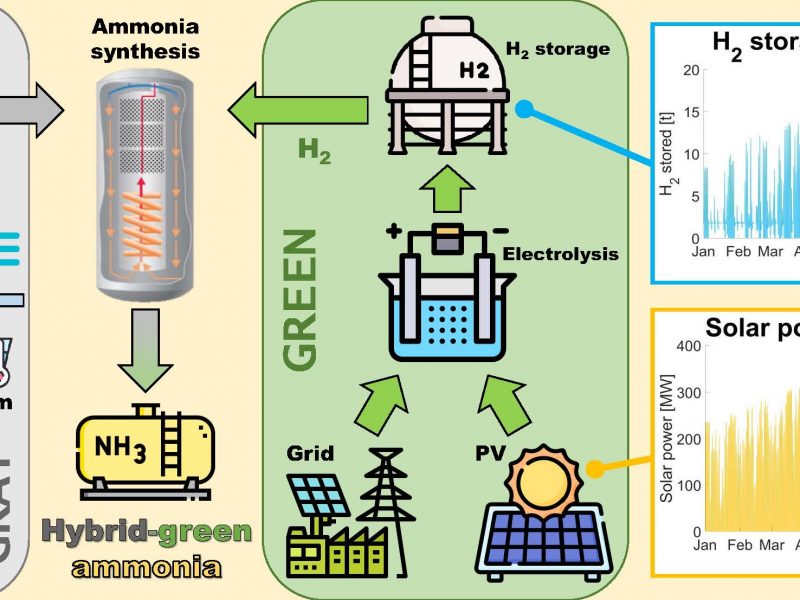Automation in the process industry has seen its implication and implementation since 1960’s. However, during last decades the “trend” of integrating advanced and sophisticated process control techniques like process optimization, soft sensors, MPC, RTO has significantly increased. The reasons that can be attributed to the increase in automation are mainly the implementation cost respect to expected revenues and the wide range of alternatives and suppliers. Unfortunately, the inclusion of automation coupled to either new plants/processes or process retrofitting and revamping neglected often the operator’s characteristics that can be summarized with the human factor term. This paper provides an insight to the extensive use of automation and the associated challenges that an industrial operator faces because of information overload, human machine interface, and automation complexity. The forgotten part, i.e. the human (operator) element, is emphasized with respect to the operations in control room and in the field. The impact of complexity of automation on the nature of operator error is discussed for both normal operating conditions and abnormal situations. A case study reflecting automation failure combined with human error(s) is presented. Finally, a Hierarchical Training Syllabus (HTS) is proposed by using a so called Plant Simulator. The features and relevant benefits of HTS are also outlined.
Automation in process industry: Cure or curse? How can training improve operator’s performance
Related Posts
Warning: advanced_custom_search(): Argument #2 ($wp_query) must be passed by reference, value given in /var/www/html/pselab.chem.polimi.it/web/wp-includes/class-wp-hook.php on line 324

